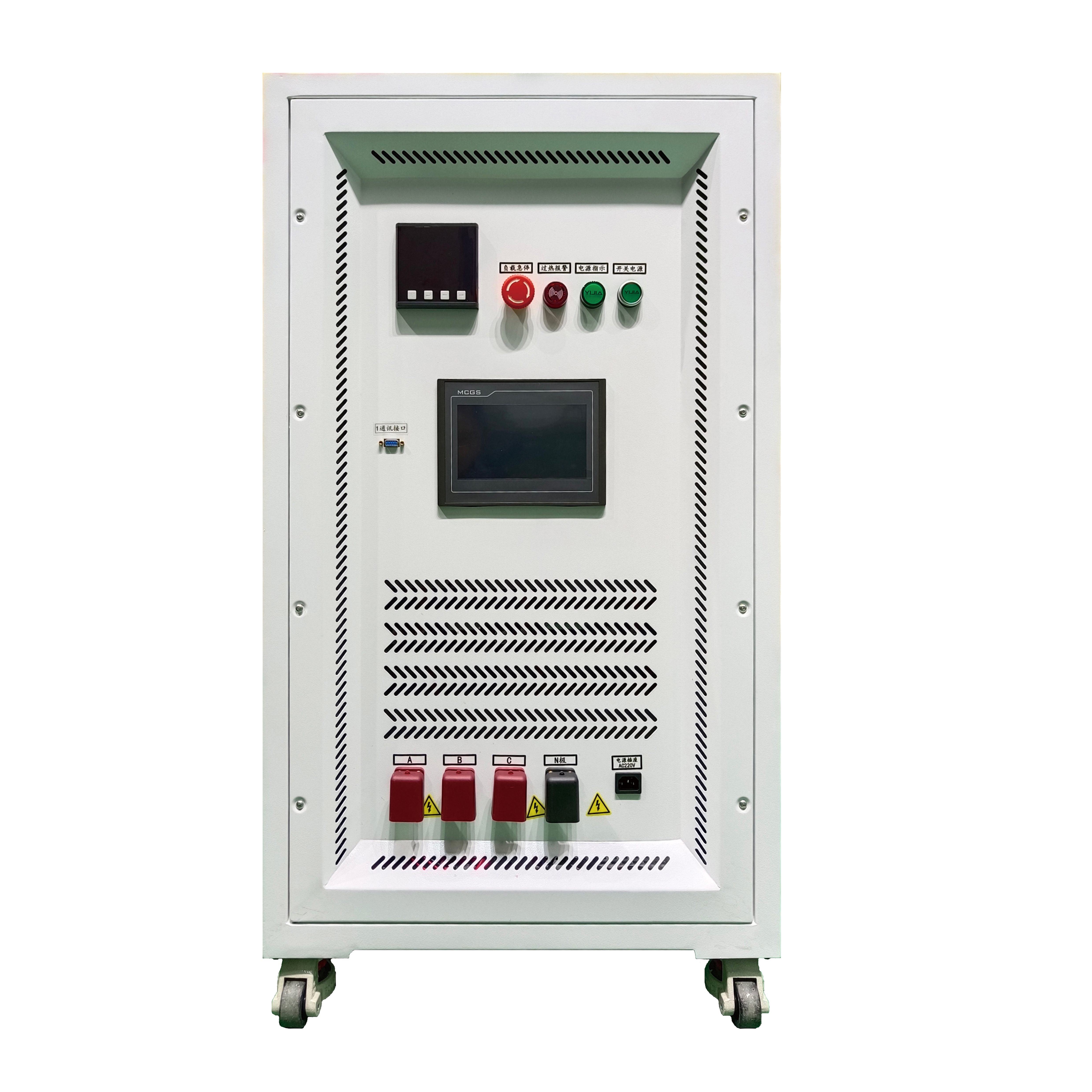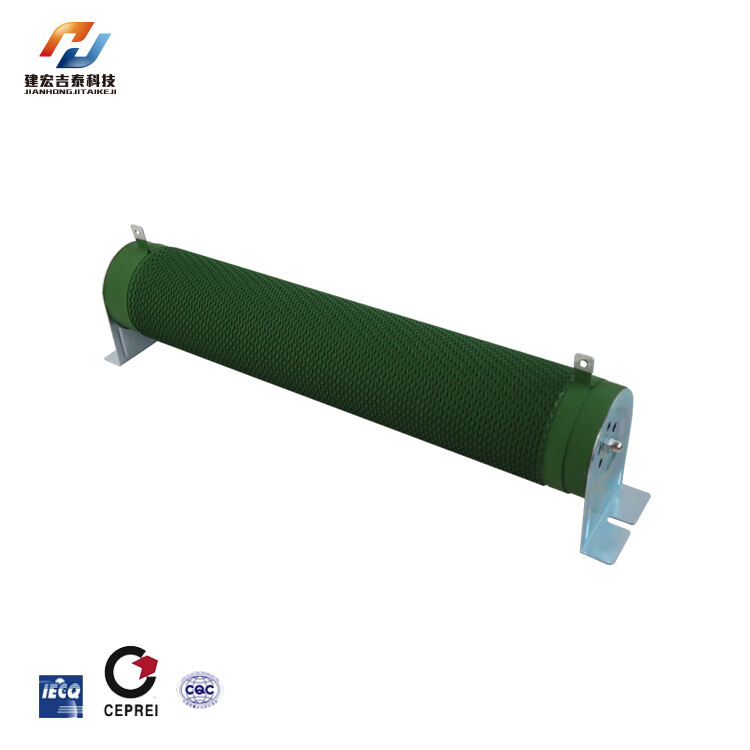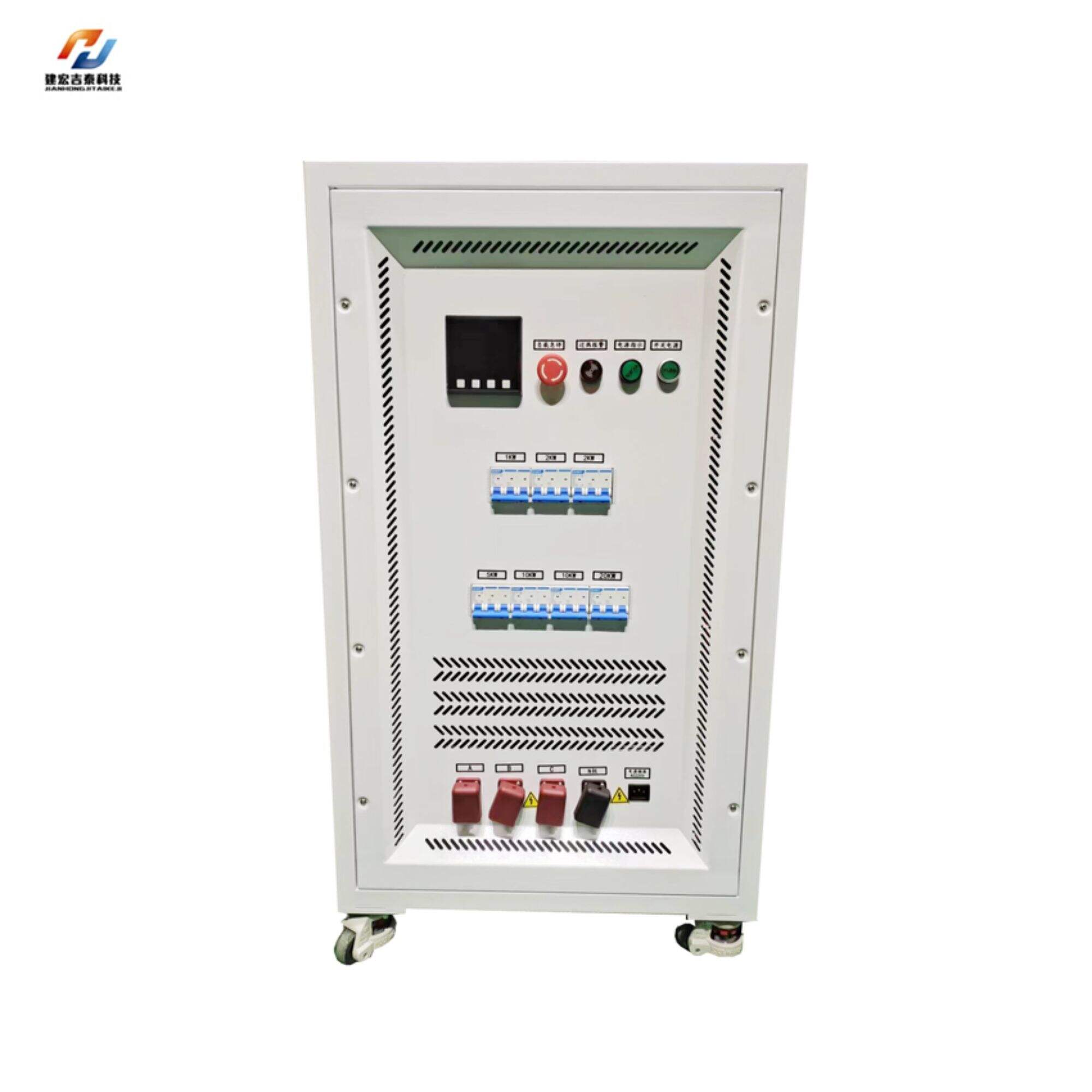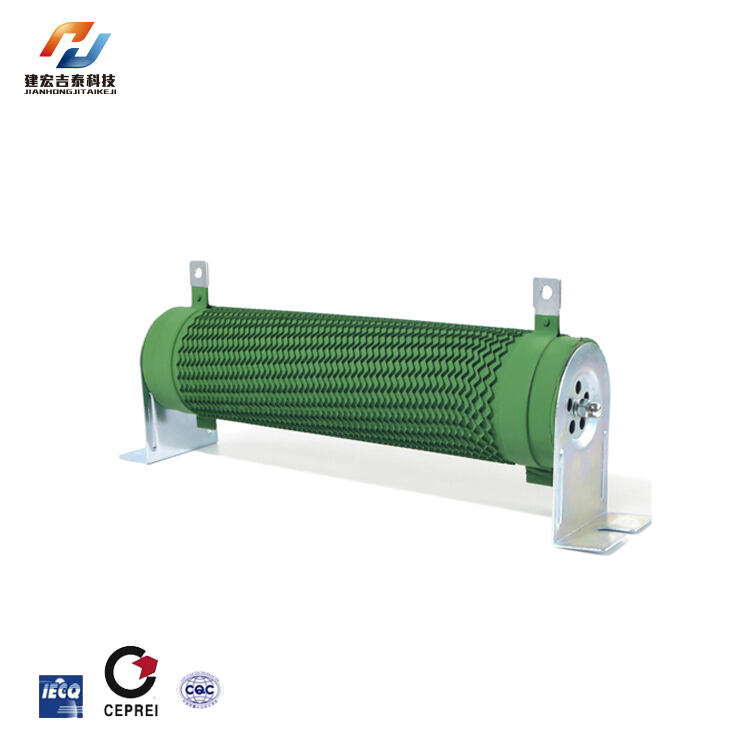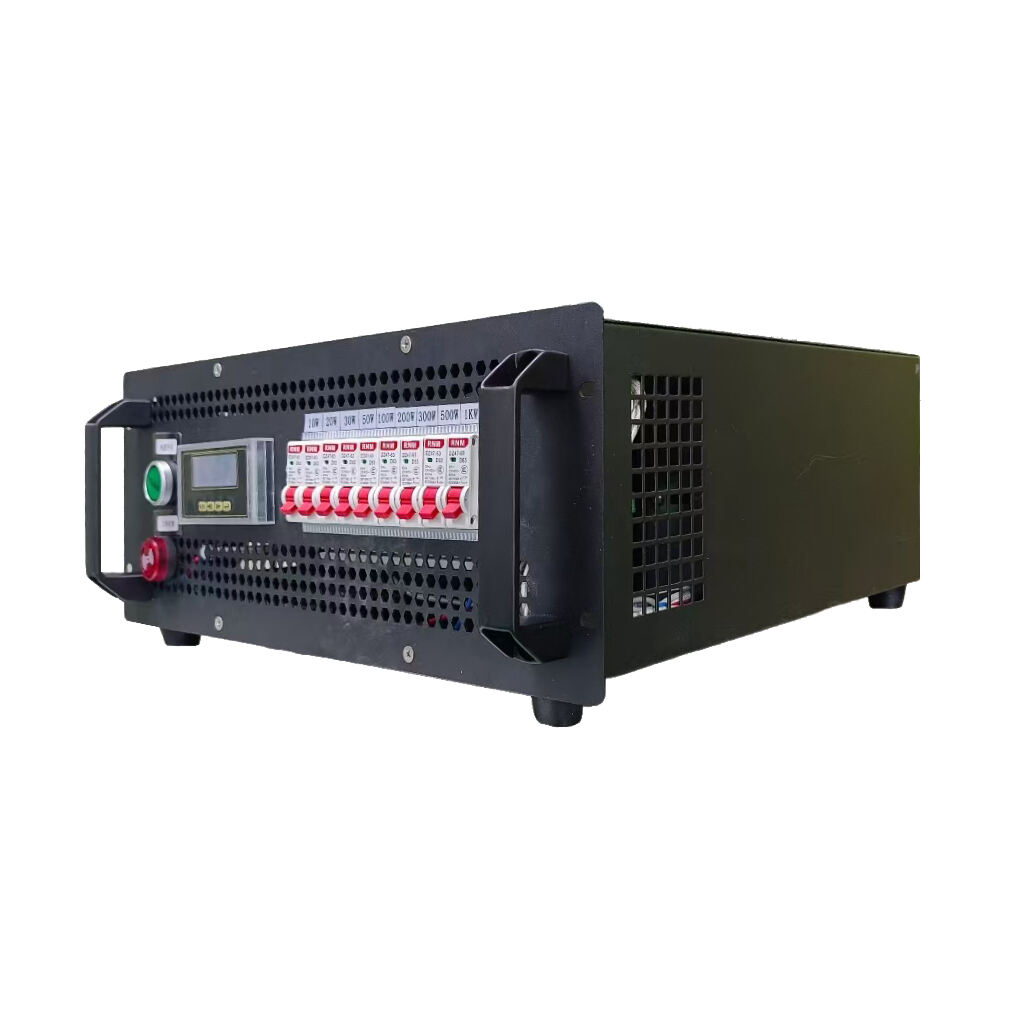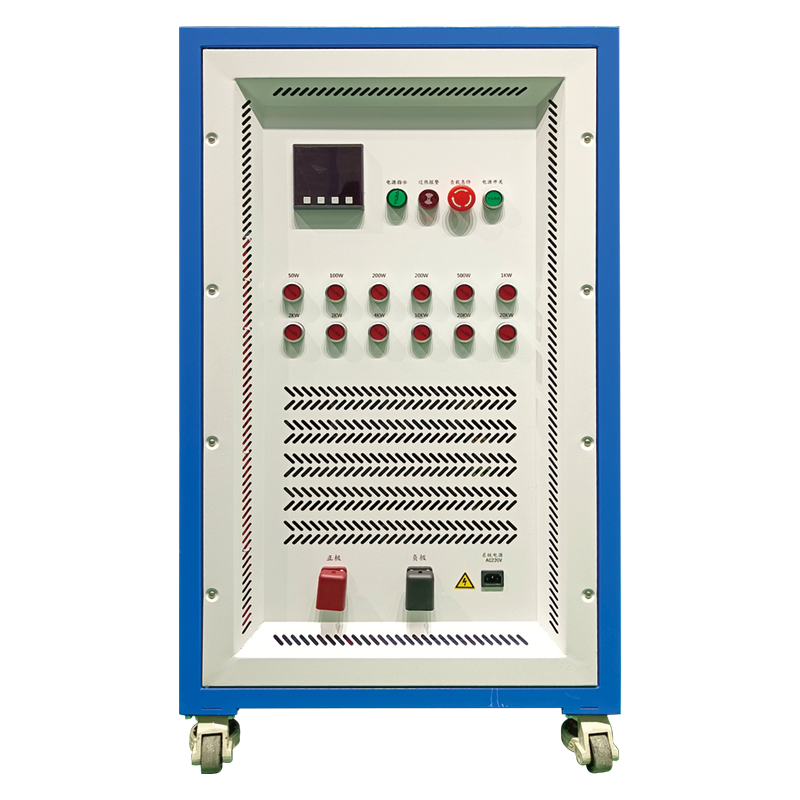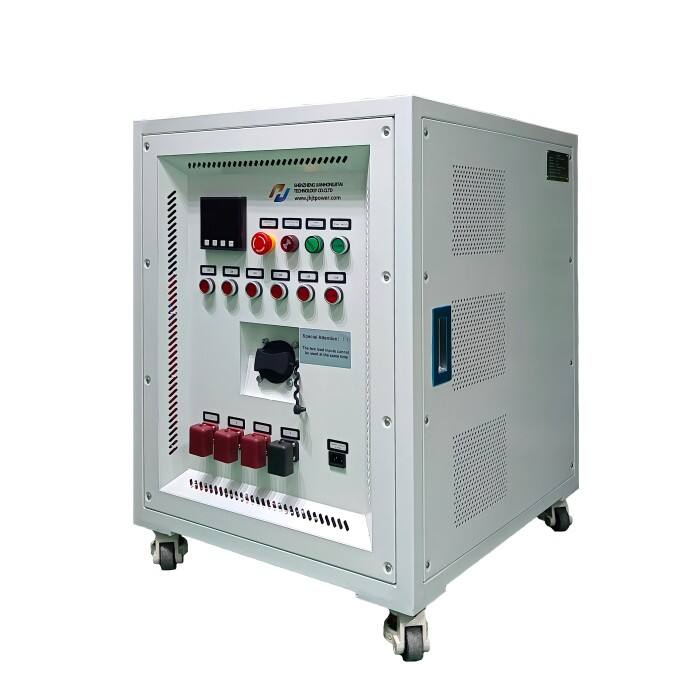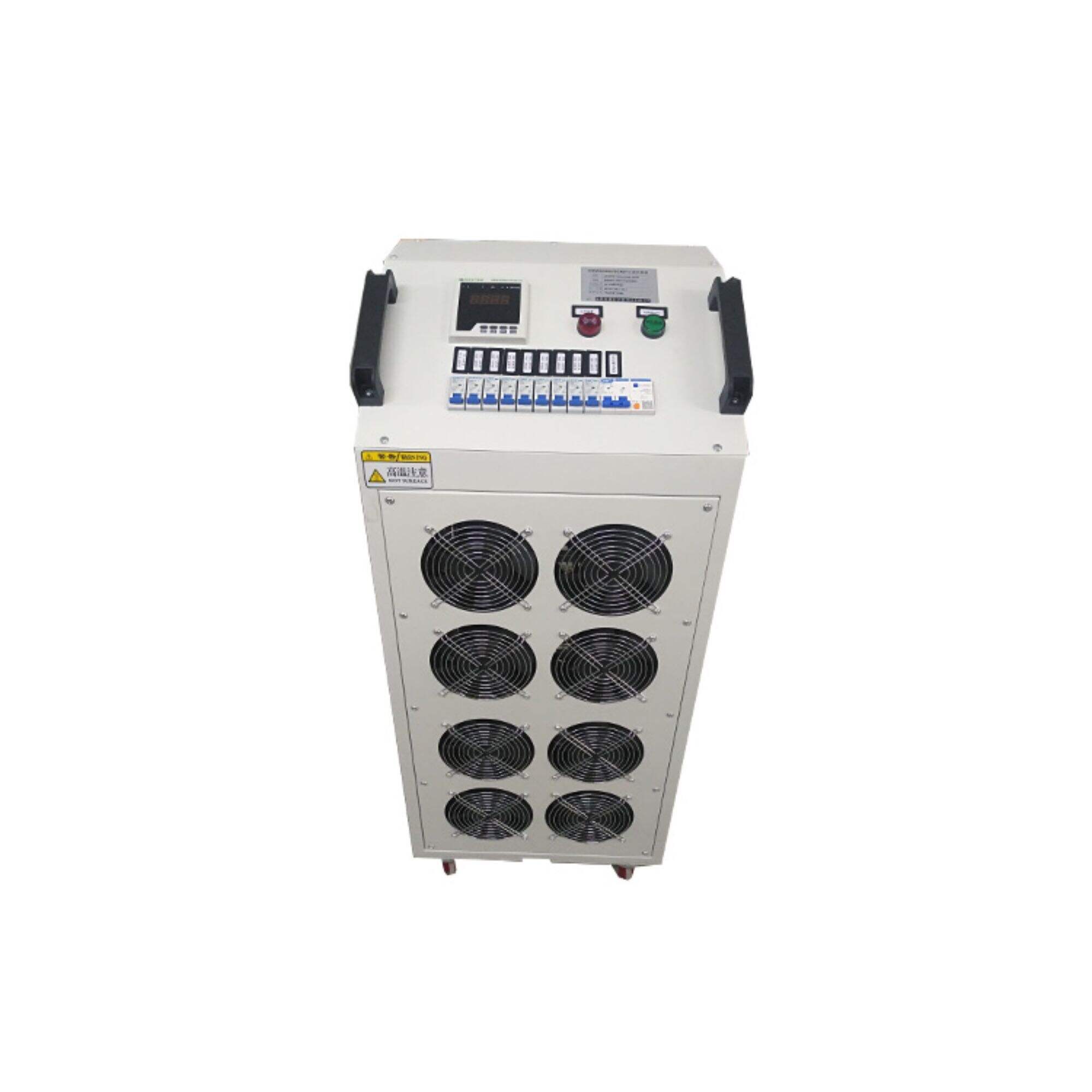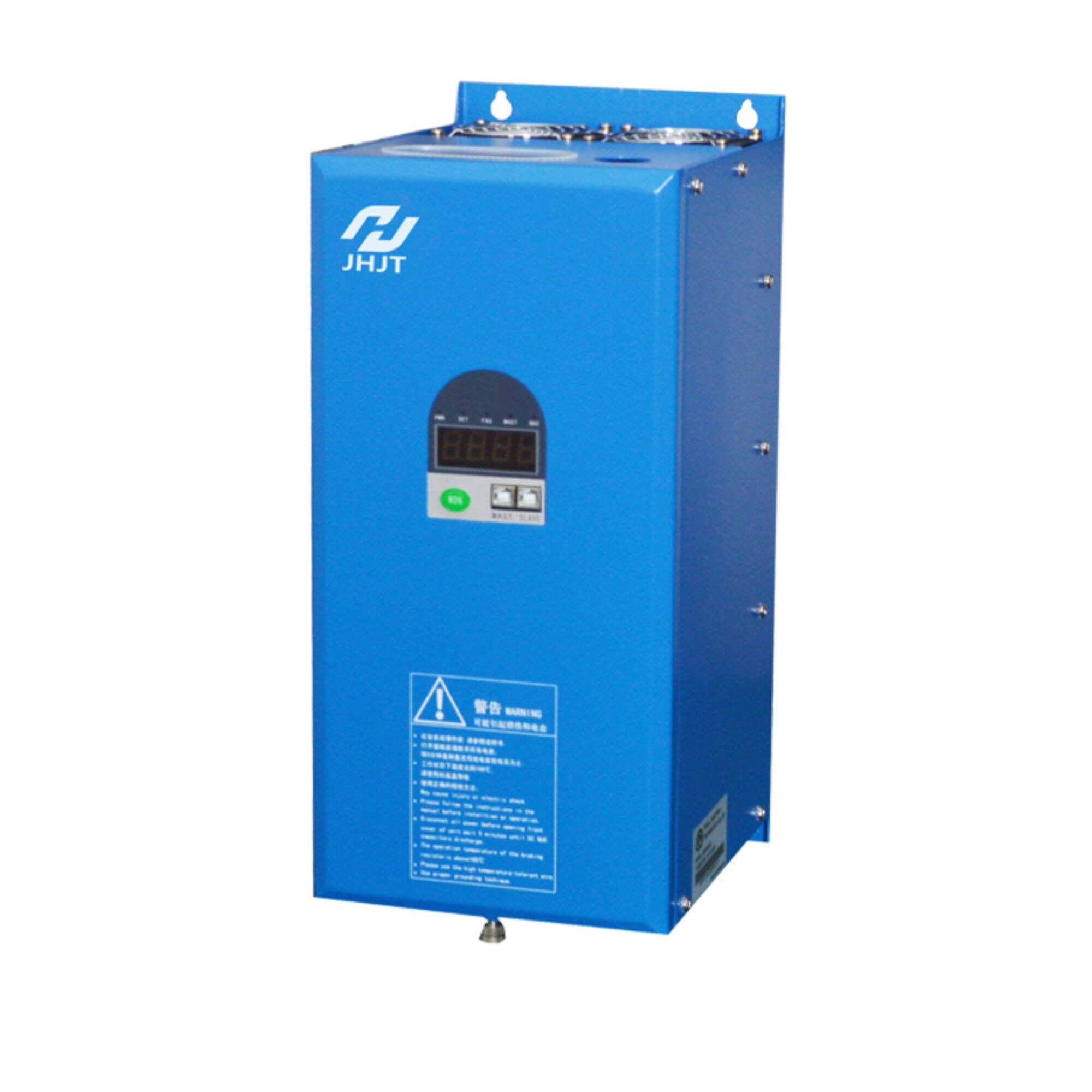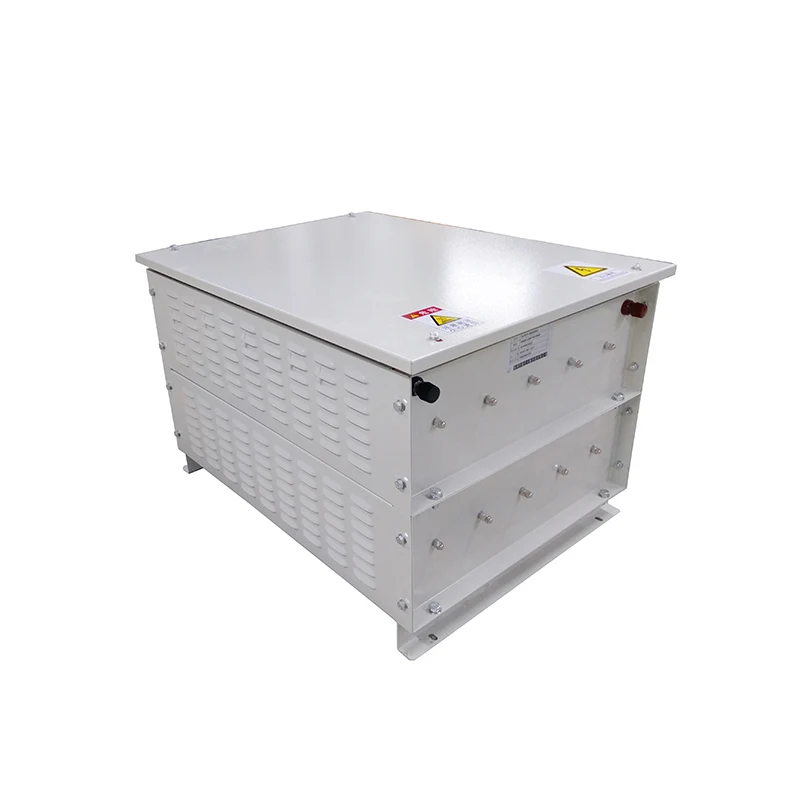Understanding Hot Selling Wire Winding Resistors: Types, Benefits, and Applications
Hot selling wire winding resistors are crucial components in electronic circuits, well known for their dependability and performance efficiency. In this article we will look at an overview of these resistors including types, benefits and common applications.
Types of Wire Winding Resistors
Power Wire Wound Resistors: These are the most commonly used resistors in power supply circuits and high current applications that require large power handling capacities. They can effectively dissipate heat and provide stable operation.
Precision Wire Wound Resistors: For resistance values that must be exactly correct, precision wire-wound resistors are used in these types of circuits. Precision wire wound resistors are suitable for measurement and control systems.
High-Voltage Wire Wound Resistors: These devices have been designed specifically to function under high voltage conditions. They are needed in cases where there is need for electrical insulation or high resistance.
Benefits of Wire Winding Resistors
High Power Handling: High power loads can be accommodated by wire wound resistors without overheating thus making them suitable for challenging purposes.
Precision and Stability: They exhibit good accuracy as well as stability over wide temperature ranges and also under different environmental conditions thereby ensuring reliable circuit performance.
Thermal Management: These resistors are meant to cool down in a manner that does not hamper their resistance value, hence, they can dissipate heat more effectively.
Durability: Wire wound resistors have a reputation for being long lasting and reliable for many years; due to this, they form an economical option when it comes to industrial and commercial uses.
Applications of Wire Winding Resistors
Power Supplies: In power supply circuits, wirewound resistors manage the flow of current as well as voltage ensuring stable power delivery.
Audio Equipment: These resistors are used in audio devices that act as attenuators or amplifiers to level signals and enhance sound quality respectively.
Measurement and Testing: Precision wire wound resistors are used for obtaining high accuracy measurement readings in different instruments such as multimeters, voltmeters and ammeters in order to minimize errors resulting from incorrect resistance measurements.
Motor Control: They are incorporated into motor control units so that they can restrict access at start up while also guarding against overloads at the same time thus preventing stalling of the motor.
These popularly sold wire winding resistors constitute a range of versatile components needed in various electrical and industrial applications today. They have features such as high tolerances for power handling, precision characteristics and good thermal management capabilities which make them indispensable parts of these circuits.
Recommended Products
Hot News
-
What Are The Functions Of The Ac Load Box For Power Supply Detection And Maintenance
2024-01-11
-
The Use Characteristics And Methods Of The Load Bank Of The Generator Set
2024-01-11
-
The function of the load bank
2024-01-09
-
Explore The Types And Characteristics Of Resistors: Fixed And Variable Resistors
2024-01-09
-
How Resistors Work And Their Applications In Circuits
2024-01-09
-
Load Banks: Ensuring Optimal Performance in Power Testing Environments
2024-10-21
-
Exploring the Advantages of Wirewound Resistors for Precision Applications
2024-10-14
-
Understanding the Benefits of Aluminum Resistors in High-Performance Applications
2024-10-08

 EN
EN
 AR
AR
 BG
BG
 HR
HR
 CS
CS
 DA
DA
 NL
NL
 FI
FI
 FR
FR
 DE
DE
 EL
EL
 IT
IT
 JA
JA
 KO
KO
 NO
NO
 PL
PL
 PT
PT
 RO
RO
 RU
RU
 ES
ES
 SV
SV
 TL
TL
 ID
ID
 LT
LT
 SR
SR
 SK
SK
 UK
UK
 VI
VI
 HU
HU
 TH
TH
 TR
TR
 AF
AF
 MS
MS
 GA
GA
 BN
BN
 LO
LO
 LA
LA
 NE
NE
 MY
MY
 UZ
UZ
